US denies women equal rights but wants Iran off UN women’s rights body
By Syed Zafar Mehdi
In February this year, a damning investigation by the Associated Press into rampant sexual abuse at a women-only federal prison in Dublin, California, sent shockwaves across the country.
Inmates recounted harrowing experiences of how they were subjected to abhorrent sexual abuse and torture by predatory prison officials, including the warden, at the detention facility dubbed as the “rape club”.
The abuse at the Bay Area prison blew the lid off the epidemic of sexual abuse plaguing the US Bureau of Prisons, with at least 422 complaints of staff-on-inmate sexual abuse at 122 prisons only in 2020.
While Michael Carvajal, chief of the US Bureau of Prisons, was forced to tender his resignation in the wake of the despicable scandal, Thomas Ray Hinkle, another controversial high-ranking official with a dark history of horrendous abuses was promoted and handed charge of 20 federal prisons, including Dublin.
One serial abuser was substituted by another, continuing the vicious cycle of abuse that has over the years become emblematic of the US justice system and prison facilities, including those holding women inmates.
According to the fifth edition of the World Female Imprisonment List, compiled by the US-based Institute for Crime & Justice Policy Research (ICPR) researchers, more than 740,000 women and girls are in prison globally, of which over 200,000 female prisoners are in the US alone, followed by China, Brazil, Russia and Thailand.
The countries with the highest female prison population rate – the number of female prisoners per 100,000 of the national population – include the US (64), Thailand (47), and El Salvador (42).
Prison abuse in the US, especially in women-only facilities, is not a novel phenomenon but the corporate mainstream media has shrewdly sought to downplay and de-link it from the country’s horrid human rights record.
Just last month, hundreds of survivors of sexual abuse announced their plan to sue New York State under new legislation that allows them to consider legal recourse to punish the perpetrators and seek closure.
One of the survivors, Sadie Bell, 61, said she suffered an ectopic pregnancy after being raped by a prison sergeant at Bayview women’s jail in Manhattan. Another survivor, Kia Wheeler, 49, said she was sexually abused for months by a guard at Bedford Hills prison in Westchester.
“I suppressed it. I kept it down in my gut. I didn’t think I was worthy. I didn’t think anyone would care,” another victim, Jacqueline Wiggins, was quoted as saying, recounting the unutterable horror.
Despite the horrid human rights record, in particular for women, the United States continues to sit on the world’s top body dedicated to gender equality and women's empowerment – the Commission on the Status of Women (CSW) formed in 1946.
More scandalously, it gets to dictate who should and should not be in the 45-member UN women’s rights body, using it as a political pressure tool to bully adversaries and advance its global hegemonic ambitions.
Bid to expel Iran from CSW
Less than a year after Iran began its four-year term on the CSW, member states are set to vote to "oust" the country from the UN women’s rights body on Wednesday amid an aggressive, no-holds-barred push by the US.
The move comes almost three months after 22-year-old MahsaAmini died while in police custody in Tehran, an incident that triggered deadly riots in the country, aided and abetted by Western states.
In recent months, the US and its European allies have imposed a wide array of sanctions on Iranian officials and entities on the flimsy pretext of “human rights violations”, while continuing to deny life-saving medicine to tens of thousands of critical epidermolysis bullosa (EB) and cancer patients across the country.
The blatant duplicity and double standards are astonishing, including that of the United Nations. The world body tends to turn a blind eye to rampant women’s rights abuses inside the US while allowing a vote against Iran based on Western propaganda and making Washington the judge, jury and executioner.
Iran is “unfit” to serve on the UN commission, US vice president Kamala Harris said on Nov. 2, saying the country’s “very presence discredits” the integrity of the commission.
Last week, US ambassador to the United Nations Linda Thomas-Greenfield in a tweet emphasized that the Iranian government “should not be” on the UN panel, terming it “the right thing to do”.
In response, Iran’s delegation to the UN in a letter to UN secretary-general AntónioGuterres blasted the “illegal” push to throw out Iran from the commission on “false allegations and fabricated assumptions.”
“This illegitimate request indicates yet another attempt by the US to exploit the UN system to further its political agenda,” Amir SaeidIravani, Iran’s ambassador to the United Nations, wrote in the letter, warning that it will set a “dangerous precedent”.
Importantly, the arbitrary move comes weeks after UN Rights Council voted to launch a so-called "probe" into months-long unrest in Iran, which authorities in Tehran dismissed as an "appalling and disgraceful" move.
“The Islamic Republic of Iran will not engage in any cooperation, whatsoever, with the politicized committee established in the name of a fact-finding mission,” Iran’s foreign ministry spokesman Nasser Kan’anisaid at the time.
The latest US push to expel Iran from the UN women’s rights panel, however, faces multiple hurdles, with key American allies reportedly wary of backing the imprudent move.
Reports suggest that some European delegations at the UN felt chagrined after the US mission announced the push on November 2 without prior consultations with allies.
Many delegations, meanwhile, are of the opinion that there are countries on the UN women’s rights commission with worse human rights records, including the US itself.
America's 'hall of shame'
Apart from gross human rights abuses inside US prisons, there are umpteen other areas where women in the country face widespread misogyny, inequality, discrimination, violence, and murder.
As of November 30, the US police had shot dead 42 women this year, according to Statista Research Department. Last year, 56 women were murdered by the US police, most of them women of color or those from indigenous communities.
The epidemic of police violence in the US has assumed alarming proportions over the years. Lajuana Phillips, a mother of three, was murdered by police in cold blood in October 2018 in California. Nicole Walton, a mother of two, was shot and killed by a highway patrol trooper in March 2019 in Florida. Crystal Ragland was fatally attacked by a police officer in May 2019 in Alabama. The list is long.
Femicide – ‘when women are killed simply because they are women’ – is widely prevalent in the US, with almost three women killed by an intimate partner every day, according to studies.
More recently, in July, a 20-year-old man killed his partner at point-blank range in New York City as she was pushing their 3-month-old daughter in a stroller, in what was later termed a “premeditated execution”. Femicide happens to be more pervasive among women of color in the US, according to reports.
According to Everytown for Gun Safety, a non-profit group that tracks violence against women in the US, at least 70 American women are killed with firearms by intimate partners every month, tracing close links between domestic violence and gun violence in the country.
What is astonishing though is that femicide is not recognized as a crime by American law, unlike Mexico and other South American countries, making women more vulnerable to violence by partners.
The epidemic of domestic violence has also seen an alarming uptick in recent years, especially during the Covid-19 pandemic. A report by the Council on Criminal Justice found that incidents of domestic violence in the US spiked by more than 8 percent during the pandemic lockdown.
Quite remarkably, in the US, women are still fighting for equal rights with men, according to a Pew Research Center survey conducted in July 2020.
US Senator for Alaska Lisa Murkowski in a scathing article published in CNN in March acknowledged that the US Constitution does not guarantee women “the same rights and protections as men”.
“Women are not asking for special privileges, simply equality and to be afforded the same legal rights as men,” wrote Murkowski, expressing the unpopular but widely prevalent opinion in a damning indictment of the country's policymakers.
American filmmaker and activist, Kamala Lopez, also agrees that the US government denies American women full civil and human rights, despite constituting the majority of the population.
“Women won the right to vote in 1920. The next step was supposed to be full equality for women under the Constitution. Almost a century later that still has not happened,” she said recently in a video film. “The United States Constitution still does not provide women with the same rights as men.”
In a survey of best and worst states for working women in the US last, Oxfam last month said protections for women against sexual harassment were "almost non-existent" in the states of North Carolina, Georgia, Alabama, and Mississippi, painting a grimmer picture than even many African and Asian countries.
With such a dark human rights record, activists and observers believe the United States is in no position to call for the expulsion of Iran from the UN women’s panel. Iran, on the other hand, has a far better human rights record.
In a joint letter to the Commission on the Status of Women on Sunday, Iranian student organizations called out the commission’s “double standards and contradictory performance”, stressing that it has “caused a loss of trust in this institution”.
“Israel is currently a member of the Commission on the Status of Women. Aren't massacring the Palestinian women and children in Sabra and Shatila, direct shooting and killing a 21-year-old female volunteer medic Rouzan al-Najjar, murdering the Palestinian-American journalist Shireen Abu Akleh, etc. sufficient reasons to expel the apartheid Israeli regime from this commission,” the letter reads.
“We inform you that the media's portrayal of the status of women in the Islamic Republic is contrary to the truth and that the face of women's rights in Iran is under attack by media terrorism. We will not let the truth be sacrificed.”
Syed Zafar Mehdi is a Tehran-based journalist, political commentator and author. He has reported for over 12 years from India, Afghanistan, Pakistan, Kashmir and Middle East for leading publications worldwide.
(The views expressed in this article are the author's own and do not necessarily reflect those of Press TV.)
VIDEO | More Zionist than Zionists: Biden’s legacy to be defined by Gaza genocide
Hamas confirms handing approval of Gaza ceasefire deal to mediators
VIDEO | Iran: Show of strength
UNRWA will ‘stay, deliver’ aid to Palestinians despite Israel’s ban: Lazzarini
Explainer: What makes Iran's Rezvan and Raad loitering munitions prized assets?
VIDEO | Unseen agony: Missing loved ones of genocide in Gaza
Iran cuts gold import tariff to zero
Pezeshkian: Iran determined to develop, boost ties with neighbors


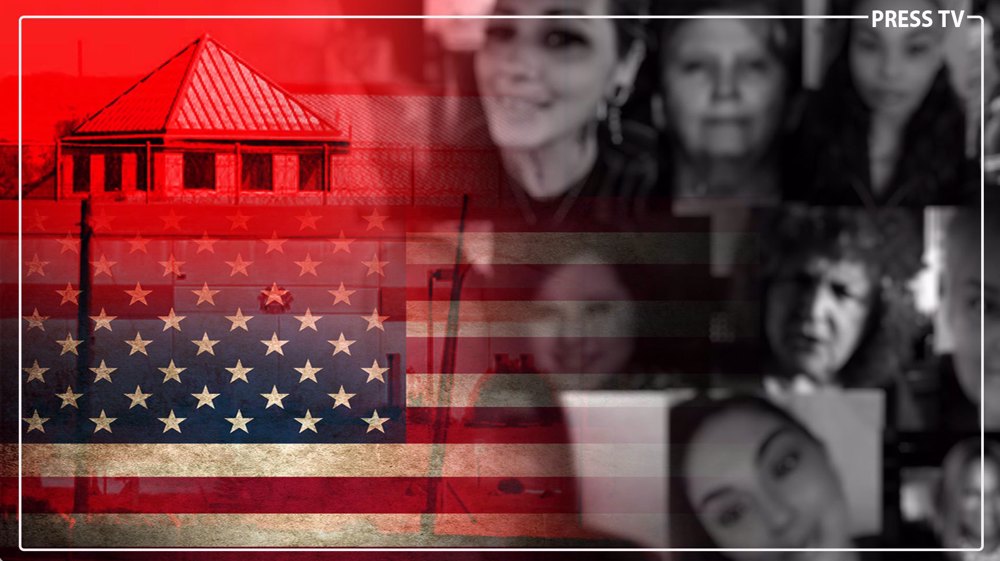

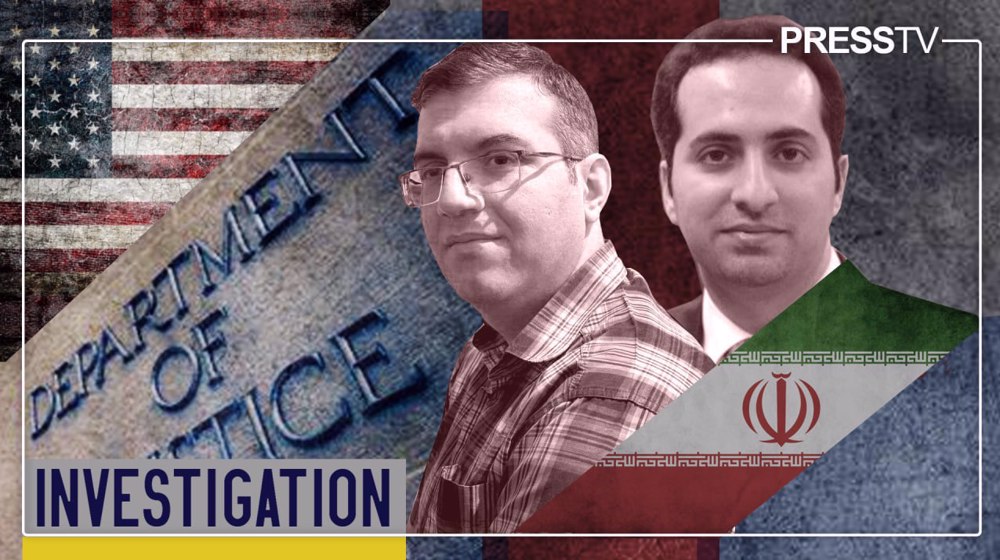
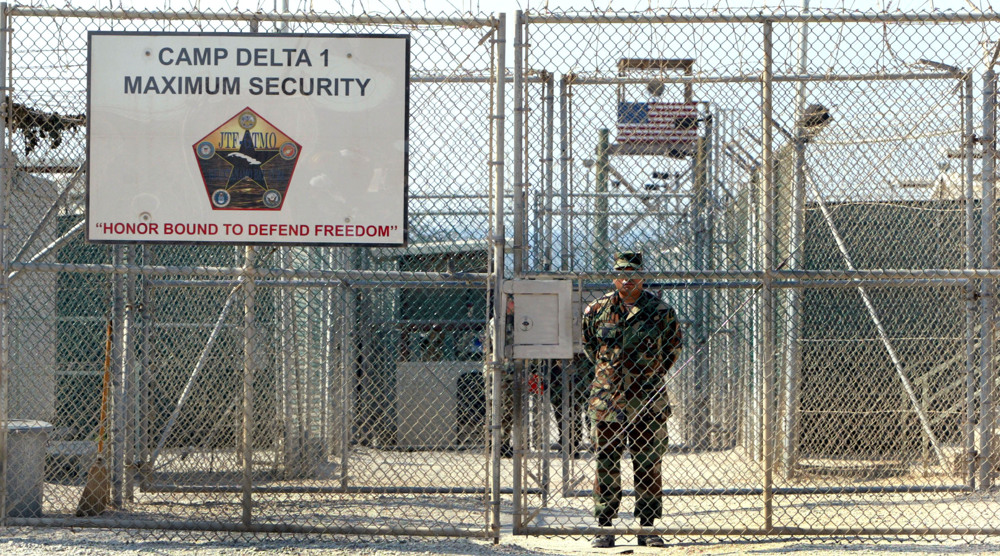



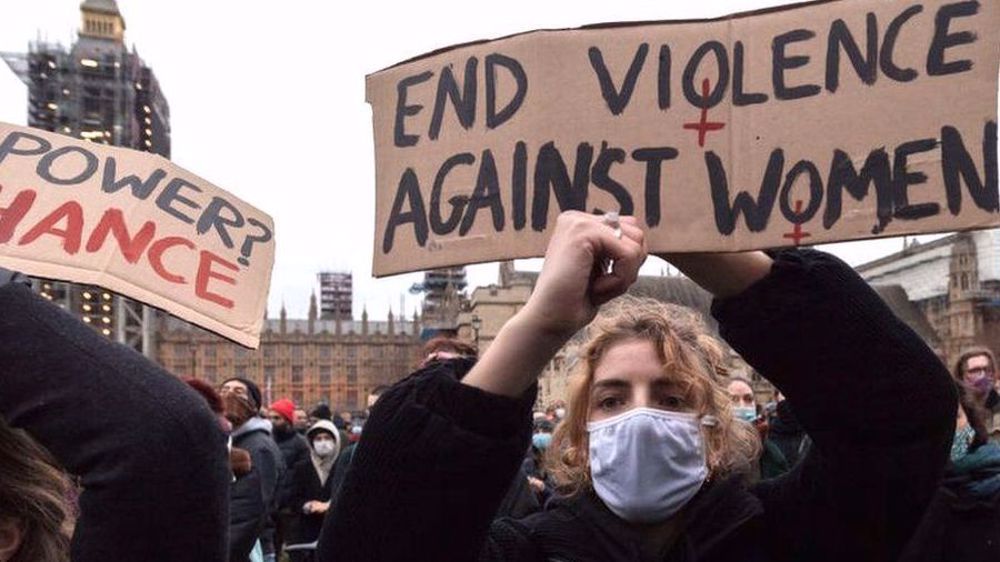
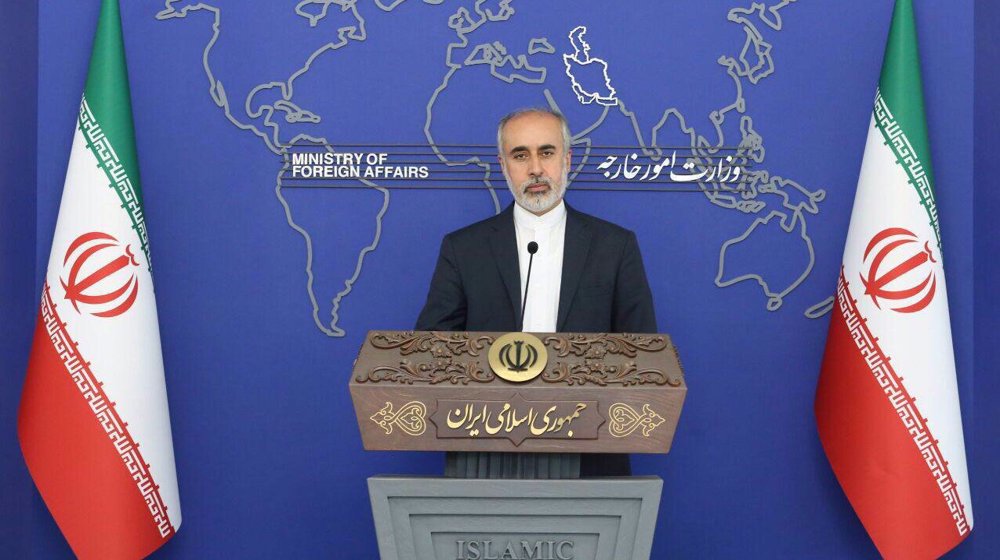
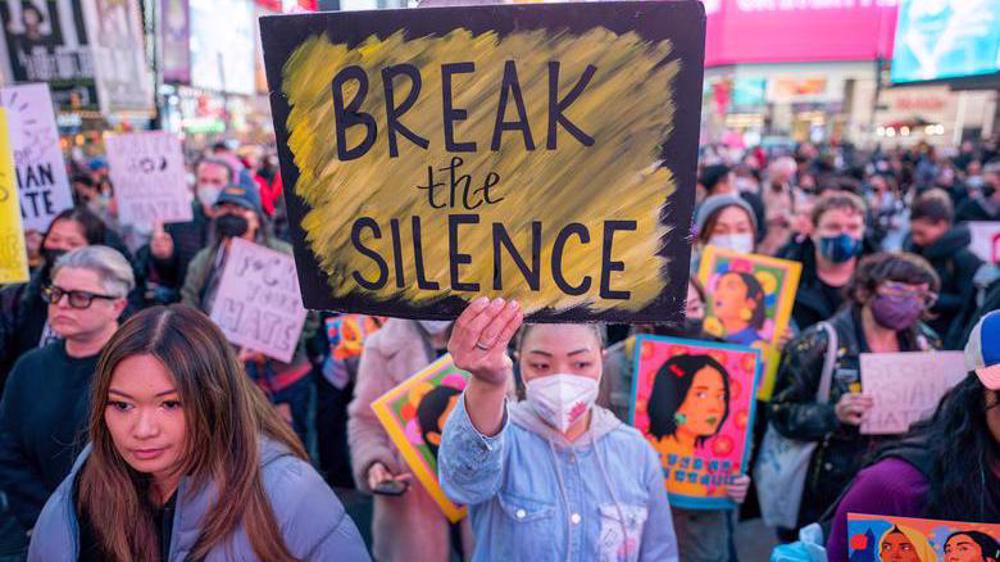

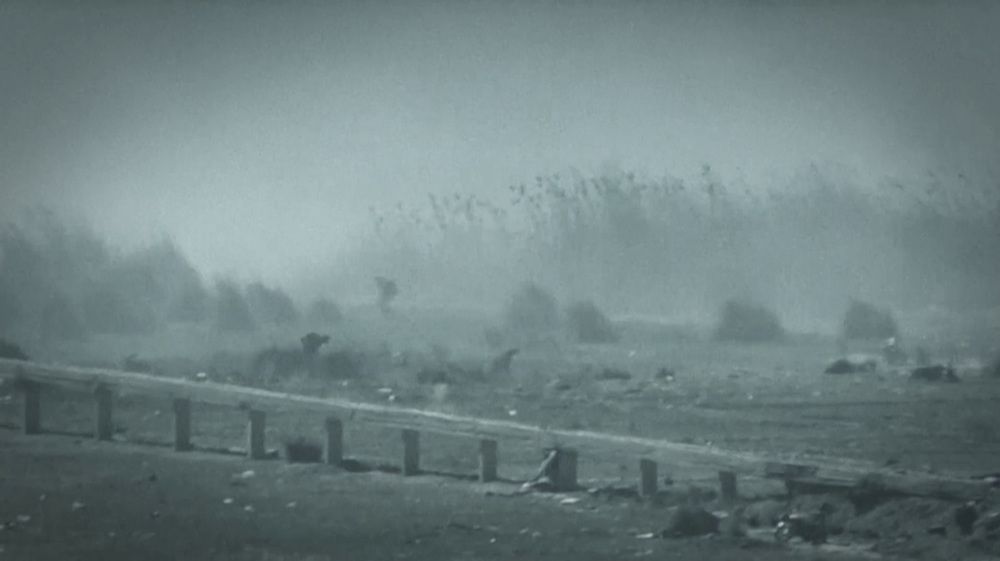

 This makes it easy to access the Press TV website
This makes it easy to access the Press TV website